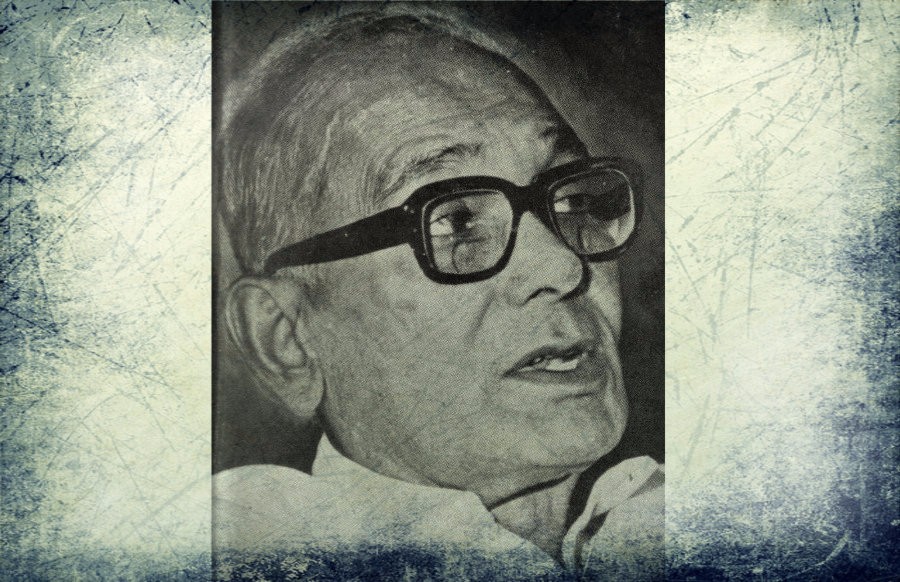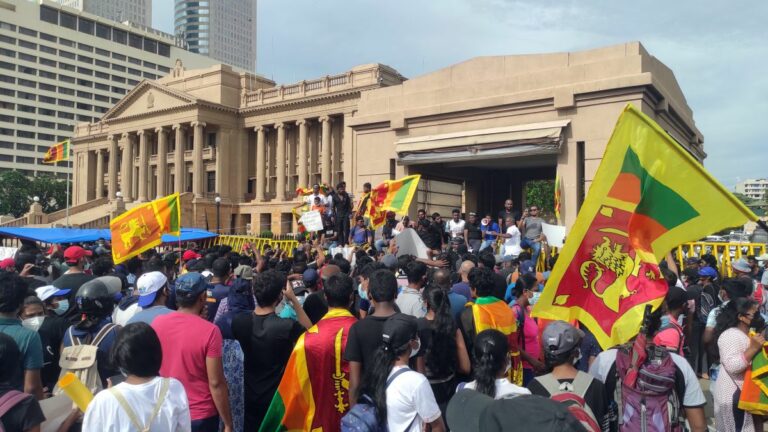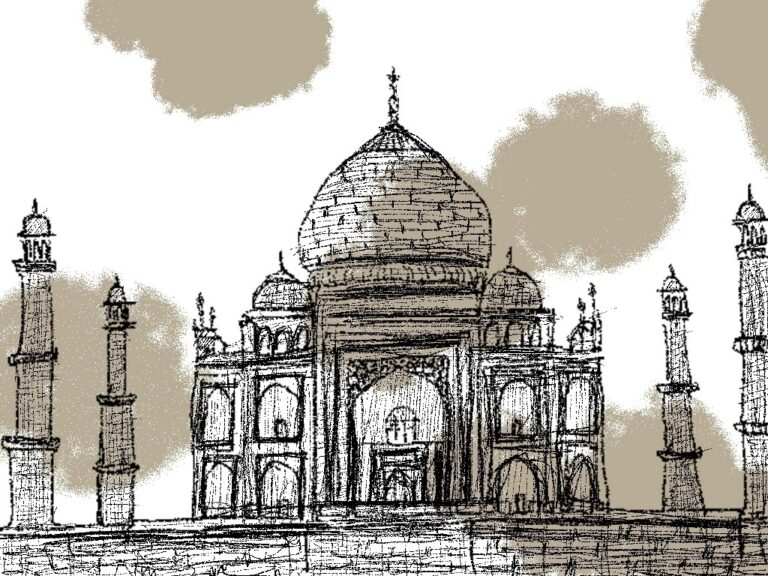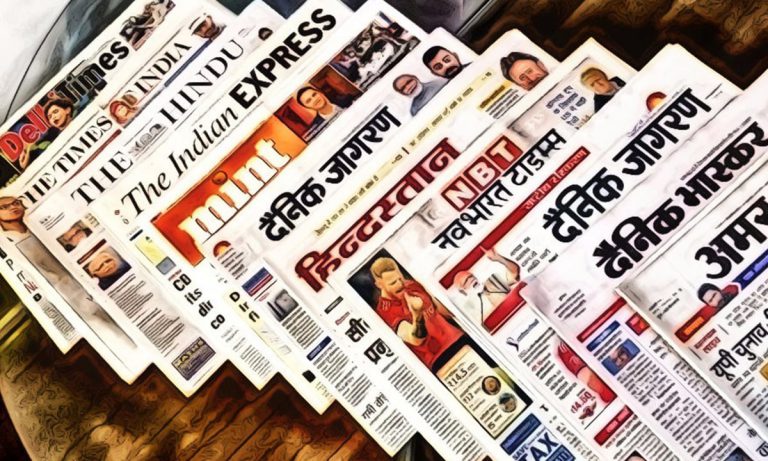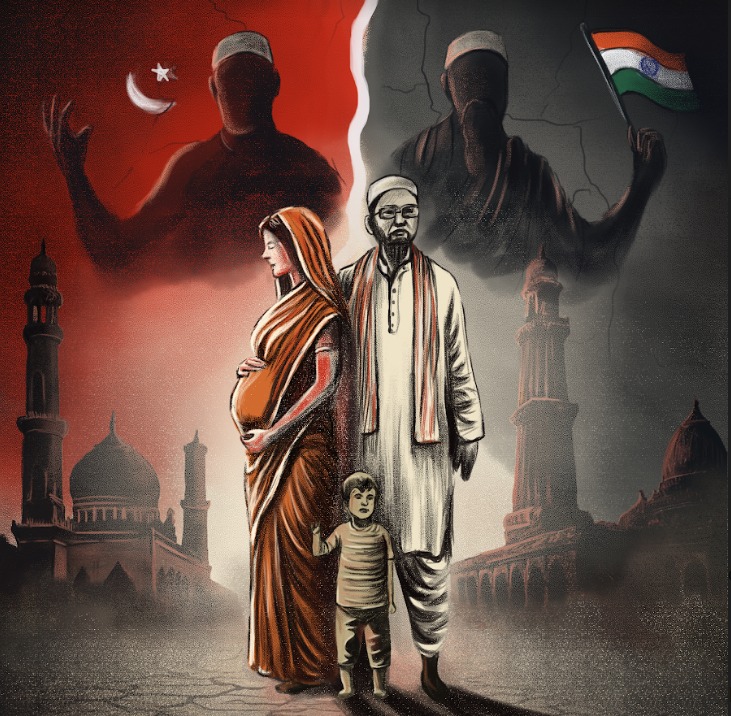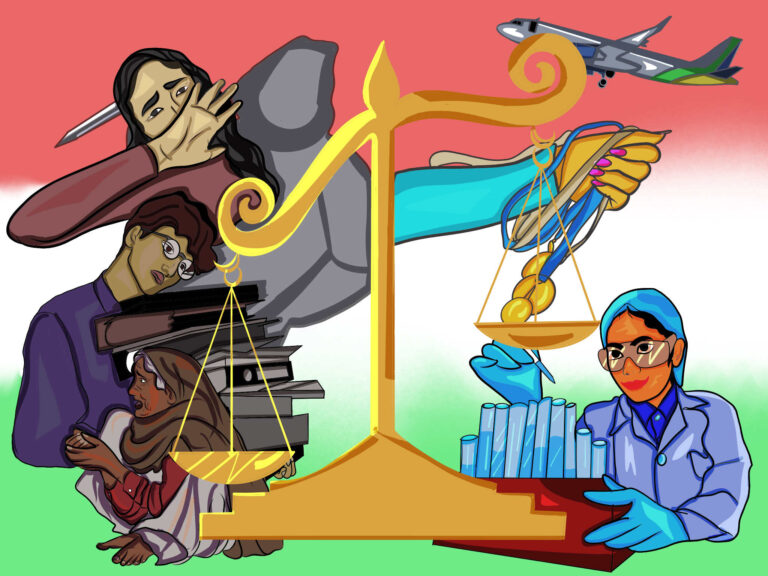Jai Prakash Narayan: The light that never fades
Senaanee tum karo pran abhay, bhaavee itihaas tumhaara hai
Excerpt from ‘kehte hain unko jai prakash’
Ye nakhat amaan ke bujhate hain, saara aakaash tumhaara hai
On one side is the historical man of 1942, who had challenged the people of his country for armed rebellion; on the other side, there is the saint-like Jai Prakash Narayan, in front of whom even the bandits had to surrender. There is no match between these two images of him. However, the full expression of these two images is present in his personality and his works through which we can learn about him. He never cared about the allegations and criticisms. Even in the most adverse circumstances, his resolve did not falter in the slightest. His personality had that unique blend of human values. He has remained undeterred in adverse conditions and even in the midst of tornadoes.
Personal life
J.P. always kept himself away from the race for power. He was a philanthropist but often was not treated with the respect he deserved. However, he did not deviate from his path in the slightest. The anguish of the Dalits and the victims touched him immediately. He knew how to tackle problems and help the people around him. Whether during a calamity like famine or atrocities caused by his own people, he always carried the message of unity and harmony.
While studying in America, Jai Prakash Narayan, influenced by the progressive ideas of La-Fallet and active Marxist organizations, had become enamored of socialism with Marxism and Sarvodaya from socialism. He accepted that the revolutionary ideas of Marxism were a sure way to solve the Indian problem but could not bring himself to become the hanger of international communism at any cost[1]. He had a decisive contribution to developing the socialist party within Congress. He is called the father of the Indian socialism spirit, to see socialism in the Indian context and to put it into practice. The study of Marxism made Jai Prakash enter the broader field of freedom. To make the Left bourgeoisie Congress Socialist Party country-wide, he tried to convince the people that only Swaraj would not end the people’s problems. Unless the economic disparity and inequality in the country are bridged, political organizations cannot bring about fundamental change.
Jai Prakash Narayan opposed feudalism and capitalism since entering political life and made freedom and equality his ideal. In his work “Why Socialism” (1936), he clarified that socialism is a method of social reconstruction and not a code of individual conduct[2]. On the second day after the conch shell of the August Revolution of 1942, Mahatma Gandhi, Jawaharlal Nehru, and the Congress’s top leaders were arrested for toppling the movement. J.P. did not want to flicker the flame of the Quit India movement and eventually extinguish it at any cost. He suffered in Hazaribagh jail during the last phase of the struggle for freedom. The harshness and restrictions of imprisonment could not deter Jai Prakash Narayan’s true national spirit. Inspired by the blazing flame within himself, he even crossed the high walls of Hazaribagh Jail with his friends and walked through the jungles throughout the night of Diwali to find his way[3]. After conducting the underground movement, he was such a revolutionary man whose decision was made on the feelings of time and entry. He wrote open letters to students, farmers, and freedom fighters until the last freedom struggle’s last stages. He cried out and said:
Revolution does not mean annihilation, a great power of creation is associated with revolution
Jai Prakash Narayan also formed the ‘Azad Squad’ in Nepal and wanted to take action with the army, so he decided to go to Burma. However, he was arrested at Amritsar railway station ahead of Delhi. He was kept in the Lahore Fort and was treated with unbearable torture. He was kept sleep deprived during interrogation and was laid on the ice for hours. However, these tortures did not break his morale, and he boldly stated that he was India’s enemy of British imperialism until his objectives were fulfilled and that for the country’s independence, he would keep working till his death.
Kahate hai usko jay prakaash, jo nahin maran se darata hai
dinkar
Jvaala ko bujhate dekh, kund mein svayam kood jo padata hai
Split with Congress
Jai Prakash Narayan advocated complete Swaraj. He had ideological differences with the Congress on many matters and also opposed its participation in the Constituent Assembly because it did not have elected representatives of the people, calling the cabinet mission a middleman between the Congress and the Muslim League. He was of the clear opinion that only the fire of revolution could burn the building of imperialism to ashes. He was a true advocate of Hindu-Muslim unity and was strictly against the partition of India. M.K Gandhi, in 1947, considered making him the president of Congress. However, J.P. refused, always staying true to his principle of never running in the race for power.
Ultimately, Jai Prakash Narayan consulted Gandhi to leave Congress with the argument that it was necessary to have an opposition in a democracy. Gandhi being aware of the goodwill of J. P. did not stop him. Nehru also supported him in this decision. Coincidentally and unfortunately, on 29th January, J.P. parted ways from Congress, and on 30th January, Gandhi was assassinated.
Sarvodaya
Overwhelmed by the goals of substituting human values, Jai Prakash Narayan established Sarvodaya Ashram in Sokho Devra village, after which he tried to make the nation financially strong through land donation, village donation, property donation, and finally, life donation. In Jai Prakash’s Sarvodaya, he aimed to organize a life-wide revolution and radical change in all aspects of social life. He analyzed the theoretical problems of socialism in the “First Asian Socialist Conference” held in Rangoon in 1953[4]. He argued that the socialist only wants to change society but has no vision toward a person affected by ambition, selfishness, stupidity, hatred, fear, etc. His Sarvodaya included the upliftment of society with a change of heart, thoughts, and circumstances. It aims to “live for others” higher than the ideals of life[5]. After the death of Gandhi, Jai Prakash thought it appropriate to work in the direction of non-violence and Sarvodaya. After independence, he successfully conducted the Sarvodaya movement for about 24 years.
Emergency and the first non-Congress government
When J.P. returned from America after completing his studies, he spent time understanding western political ideas in India. Even though there was a craze about Gandhi, a section of people, the majority of them youth, were discontented with him owing to the Gandhi-Irwin pact and the subsequent death sentence to Sardar Bhagat Singh and his companions. Due to despair and despondency, the youth was feeling astray. After being released from jail in 1934, he and his companions laid the foundation of the Congress Socialist (Samajwadi) Party.
In 1948, along with many socialist leaders, he walked out from the Congress Socialist Party and formed Praja Socialist Party. However, he was still dissatisfied with the work. In 1952, he announced that he would devote his life to social work and joined Acharya Vinoba Bhave in his project. Regardless of illness, Narayan drove student fomenters in Bihar in a fight against government debasement, and under his authority, a people’s front took power in western Gujarat state. Indira Gandhi answered by marking Narayan as a traditionalist fascist. In 1975, when Gandhi was sentenced for corrupt practices, Narayan called for her resignation and a monstrous development of radical non-cooperation with the government. Gandhi proclaimed an emergency, imprisoned Narayan and 600 other resistance pioneers, and forced censorship of the press. In jail, Narayan’s health imploded. In 1977, on account of Narayan’s joining of opposition powers, Gandhi was crushed in the general election. He was considered a messiah after the Emergency[6]. After the success of the Janata Party, he again kept away from power and started practicing his truth. Still, the Janata government did not live up to his criteria. In 1977, he was awarded the title of Lok Nayak. Thus, Lok Nayak became immortal as a great hero of the democratic revolution[7].
Narayan passed on at his home in Patna on 8th October 1979, from the impacts of diabetes and heart disease. Thousands of grievers accumulated outside his home, and thousands followed as his mortal body was carried through the roads. Referring to Narayan as “the conscience of the nation,” Prime Minister Charan Singh proclaimed seven days of mourning. Narayan was recognized as the last of M.K. Gandhi’s colleagues in the independence movement.
Bibliography
- Politics in India, Narain, Jai Prakash, Brahmanand Popular Prakashan
- Total Revolution Narain, Jai Prakash, Brahmanand Popular Prakashan
- https://www.mkgandhi.org/jpnarayan/total_revolution.htm
- https://www.india-seminar.com/2001/506/506%20extract.htm
- Nation Building in India, Narain, Jai Prakash, Brahmanand, 1929- Navachetna Prakashan
- Search for an Ideology, Narain, Jai Prakash, Brahmanand Popular Prakashan
- India and her problems Narain, Jai Prakash, Brahmanand Popular Prakashan
- Jayaprakash: Rebel Extraordinary, by Lakshmi Narayan Lal, Indian Book Company New Delhi (1975)
- To All Fighters of Freedom II, A Revolutionary’s Quest-selected writings of Jayprakash Narayan, edited by Bimal Prasad Oxford University Press New Delhi 1980
Footnotes
- Socialism, Sarvodaya and Democracy, edited by Bimal Prasad, Asia Publishing House Bombay 1964
- Why Socialism (1936)
- Prison Diary, Samajwadi Yuvjan Sabha Calcutta 1976 and Popular Prakashan, Bombay 1977
- Three Basic Problems of India. From Socialism to Sarvodaya, Sarva Seva Sangh Prakashan, Varansi (1957)
- A Picture of Sarvodaya Social order, Jai Prakash Narayan; Akhil Bharat Sarv Seva Sangh, Tanjore, Sarvodaya Prachuralaya (1956)
- Jayaprakash Narayan: Reluctant messiah of a turbulent time by Seema Chishti (The India Express, 11 October 2017)
- Loknayak Jayaprakash Narayan, by Suresh Ram Macmillan Co. Delhi (1974)
Featured Image Credits: The Wire Hindi


